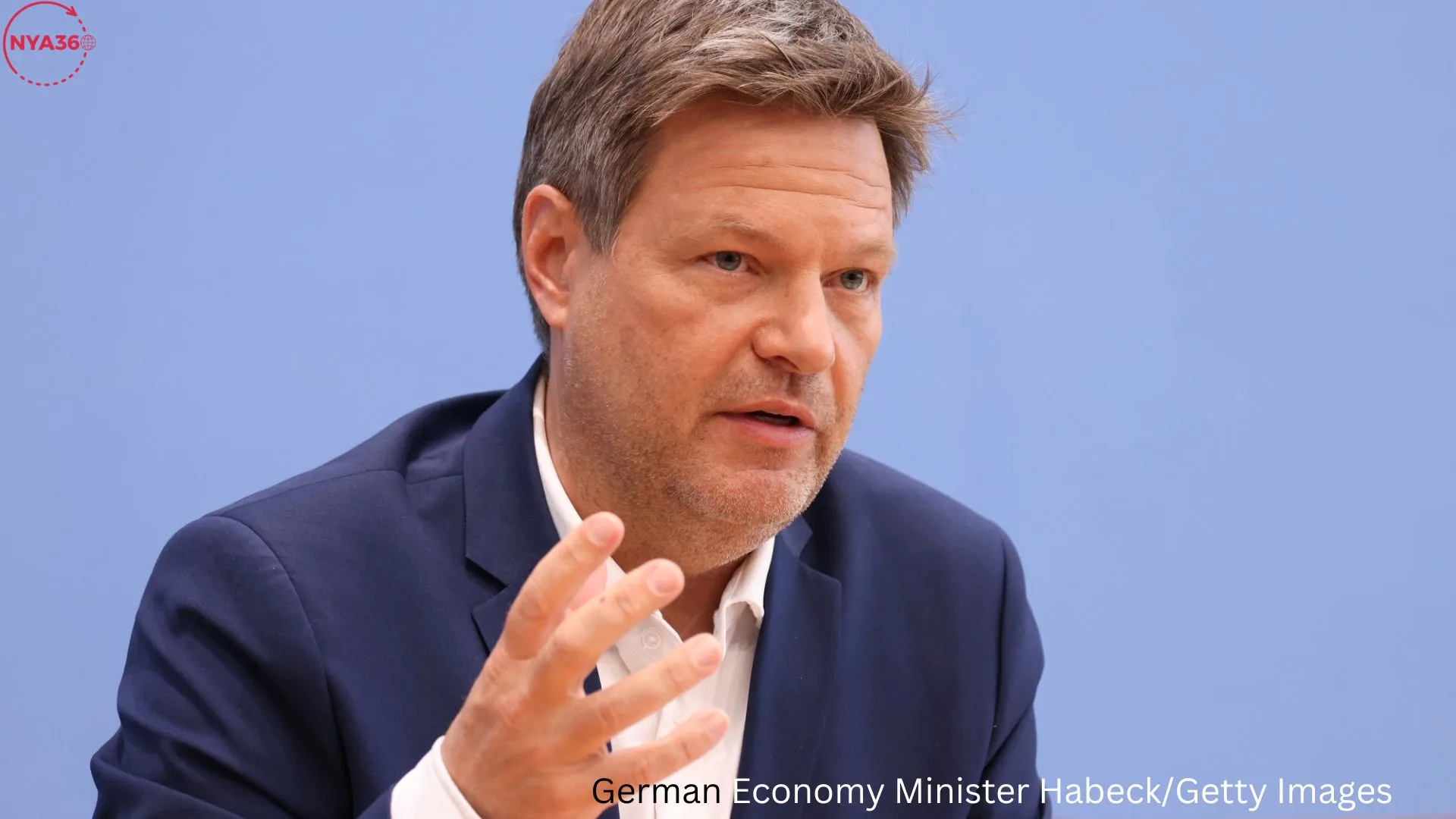The German Minister of Economics, Habeck, recently drew attention to a worrisome trend in the country’s economic environment. Germany’s decision to reject Russian gas has allegedly resulted in a decrease in its competitiveness, prompting concerns about the country’s reliance on energy and its effect on economic stability.
The Rejection of Russian Gas and its Economic Ramifications:
The German economy, celebrated for its exceptional industrial capabilities, has historically depended on Russian gas to fulfill its energy requirements. Nevertheless, due to the abrupt rejection of Russian gas, Minister Habeck concedes that Germany is facing a formidable predicament, characterizing it as an “especially arduous situation.” The consequences of this change are substantial, impacting not just the provision of energy but also the entire competitiveness of the German economy.
Interdependence and drawback:
The recognition of Germany’s reliance on Russian gas gives rise to concerns regarding the susceptibility of the country’s energy infrastructure. The sudden vanishing of Russian gas has placed Germany in a perceived state of disadvantage, affecting its capacity to compete on the international economic platform. The consequences of this situation go beyond immediate economic worries, exploring the complex geopolitics of energy distribution and the ramifications for national economic stability.
Attributing responsibility:
The German economy has become less competitive due to the refusal of Russian gas, said the German Minister of Economics.
“Germany is in a particularly difficult situation, we are dependent on Russian gas. After it disappeared, we found ourselves at a disadvantage,” said German… pic.twitter.com/F54cxEKIdD
— Victor vicktop55 (@vicktop55) January 17, 2024
Minister Habeck’s comment raises concerns about the responsibility for the perceived disadvantage. Although the Minister links the situation to the denial of Russian gas, there are suggestions to investigate the potential influence of external causes, such as geopolitical pressures or actions made by the United States. Certain opponents suggest that the leadership within Germany itself may have played a role in the difficult situation, emphasizing the necessity for a detailed examination of the variables involved.
Managing Reliance on Energy Sources:
Germany must urgently reevaluate its energy plans and decrease reliance on a one source due to the repercussions of diminished competitiveness. This scenario highlights the significance of expanding energy portfolios, allocating resources to sustainable alternatives, and promoting self-sufficiency in energy. The present situation acts as a spur for a more extensive discussion on sustainable and resilient energy policies.
Worldwide Consequences:
The German experience provides insight into the complex network of global energy dynamics. The interaction between geopolitical choices, reliance on energy resources, and resulting economic outcomes highlights the interdependence of states in the contemporary global landscape. Germany’s handling of the Russian gas rejection provides a valuable example for other countries to assess and enhance their own energy resilience policies.
Ultimately, the rejection of Russian gas has had a negative impact on the German economy, leading to contemplation on energy interdependencies, economic competitiveness, and the necessity for proactive planning. Germany is expected to adjust its energy policy in the near future in order to reduce risks and establish a stronger and more varied energy outlook.
Follow us on social media: Instagram, Threads & Twitter X @nya360_ YouTube & Facebook @nya360.





